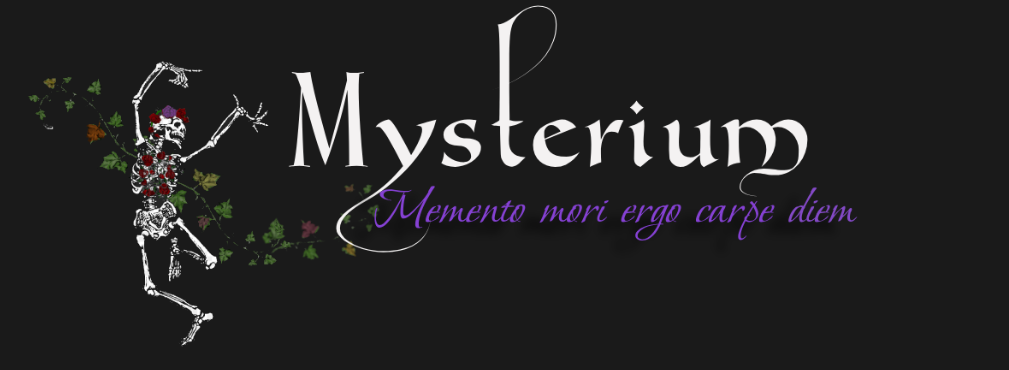
Nontheistic spirituality and spiritual naturalism are umbrella terms for spiritual disciplines that require no faith in the literally supernatural. Examples include Humanism, numerous forms of atheistic/secular Paganism, Humanistic Judaism, Secular Buddhism, The Satanic Temple’s approach to Satanism and so-on, as well as present-day revivals of ancient philosophies such as Stoicism and Epicureanism. My Way of Life and Death can be considered and practiced as part of this field.
Over the years I’ve observed, taken part in and taught a lot of actor training classes and I think there’s a model there that is of real use in thinking about (and practicing) nontheistic religion/spirituality. Acting exercises frequently deal with conjuring – not literal belief – but rather suspension of disbelief, both in audiences and within the actor’s own being, towards the goal of catharsis. Poets, musicians, writers, dancers and other artists may accomplish the same thing via their own media.
The phrase “suspension of disbelief” was coined by the English poet Samuel Taylor Coleridge in 1817. Describing his role in a philosophical/poetic experiment he’d undertaken with fellow poet William Wordsworth, Coleridge wrote:
It was agreed, that my endeavours should be directed to persons and characters supernatural, or at least romantic, yet so as to transfer from our inward nature a human interest and a semblance of truth sufficient to procure for these shadows of imagination that willing suspension of disbelief for the moment, which constitutes poetic faith.
In the schema of nontheistic spirituality, “Gods” and/or “magic” are our “shadows of imagination” and “poetic faith” is analogous to spiritual naturalism itself; capital-p Poetic in the sense of “creating”, derived from the Greek poiesis, and capital-f Faith in the sense of “trust”, from the Latin fides.
At the basic level, this temporary suspension of disbelief isn’t an esoteric skill – we all learn to immerse ourselves in works of artistic fiction from young childhood. The skill can, however, be enhanced and deepened through deliberate practice. To experience Poetic Faith is to create trust (and to trust in the act of creation) via any of a panoply of spiritual/philosophical/artistic exercises, i.e. rituals; some of those specific to the Way of Life and Death are listed here.
